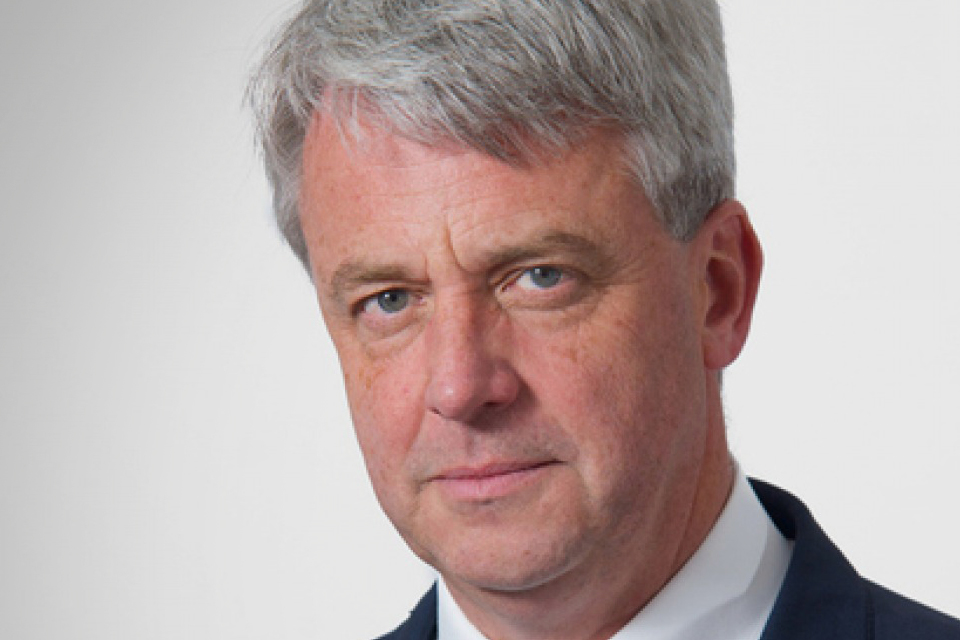Speech: 19 September 2011, Andrew Lansley – United Nations High Level Meeting on Non-Communicable Diseases
Andrew Lansley speaks at the United Nations High Level Meeting on Non-Communicable Diseases.

More than half a century ago, our predecessors came together to tackle the greatest health challenges of the day - of infectious diseases. In subsequent decades, their collective and sustained actions saved the lives of millions. Our efforts to combat infections like Malaria and HIV must go on.
But today we also face new challenges. Of non-communicable diseases. Just as widespread… just as chronic… increasingly threatening early mortality and disability. Increasing yet often avoidable.
Previously thought of as diseases of relative affluence, in societies in which development brings opportunity, they can affect disproportionately the poorest in our societies and kill millions of people every year.
As development brings change, lifestyles change too; and the burden of disease changes. Exposing people to environments and pressures which dramatically change disease prevalence.
The human burden is great; the economic burden is equally so; and it threatens to overwhelm the capacity of our healthcare systems. We need to act with boldness and determination. To improve environments, lifestyles and choices, promoting better health and it can no longer be seen as the sole responsibility of our health departments.
We need a whole Government approach.
Based on an understanding that to reduce the burden of these diseases we must tackle the social determinants of health and reduce health inequalities. To align the objectives and actions of all parts of national and local government - and all healthcare providers - behind a simple set of measurable outcomes.
This is what we are doing in England.
A single outcomes framework that:
- places the emphasis on prevention;
- improves the environment within which we live, to make it healthier;
- gives healthcare professionals and local communities the freedom and resources to achieve these outcomes;
- empowers individuals to take charge of their own health with a life course approach to support them; and
- to bring all parts of civil society together to promote healthier lives, including industry.
While regulation and taxation both play important roles - the UK’s effective control of smoking and tobacco being an obvious example - in a free society we cannot just legislate these problems away. The Elimination of Obesity Act 2011 does not exist.
We need to engage with people and with business. As well as being part of the problem, the food and drinks industry can be part of the solution:
- in England, in voluntary agreements, food producers are eliminating artificial transfats and reducing the levels of salt in their food,
- drinks companies are reducing the amount of alcohol in some of their drinks.
- and restaurants are publishing the number of calories in their meals.
We have more, and more ambitious, plans ahead. Making the healthy choice should not only be the right choice, it should be the positive choice, the easy choice, the fun choice.
You cannot inoculate against alcoholism. There is no jab to prevent obesity. There’s no silver bullet to stop people smoking.
But with an emphasis on prevention, on physical activity, on personal and corporate responsibility and with unified government action, we can make a big difference.
And I hope that in decades to come, our successors will look back and see that now was when the tide began to turn. That with progress and development, came not only opportunity and increased life expectancy, but healthy life expectancy. Not just adding years to our life, but life to our years.
Thank you